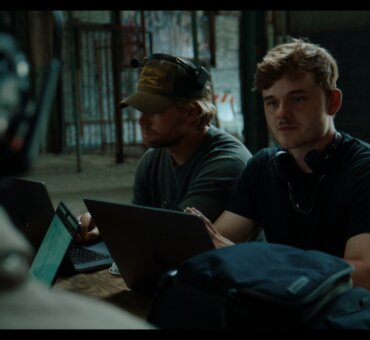It’s the end of 2019, so it must be listicle time. There are a lot of them out there (trust us, we’ve looked) but, we think our take on the “best of” article is a little different. In our first of three, we’re tackling the best filmmaking advice we received in 2019.
Ultimately, there are certain skills that everyone has access to. With online resources, books, and general effort, anyone can learn how to operate a Steadicam. But, there is something in a film life that doesn’t come easily; it takes years of hard work and perseverance. That, of course, is wisdom.
That’s why we’re excited about this take on the end of year article. Unlike maybe a few others, this list can give you the invaluable gift of creative wisdom this holiday season—and that’s something you can’t learn on YouTube.
We get the chance to talk to a lot of talented people who have a lot of wise things to say. Some of those things make it into the final article, some do not, but either way the end of the year is a time when we get the chance to share some of our favorites.
From editing to cinematography, producing to directing, we’ve talked about so many film-related topics in 2019. But, instead of going technical, we thought this would be a great time to go inspirational. No matter the craft, these people are all filmmakers and they love it. If you do as well, then by all means, read on.
Here are some of the best bits of filmmaking advice we received in 2019.
___
DP Jarin Blaschke on Doing it the Hard Way
Cinematographer Jarin Blaschke shot the incredible (and incredibly strange) A24 film ‘The Lighthouse’ this year. We wrapped up our interview talking about why he likes to make things so damn difficult:

It’s much more satisfying with a little struggle. There’s only one steady camera shot in this whole movie. It would have really helped us a lot, but it doesn’t feel right. For this film, it felt creative to give the camera a dominating presence. I think we did this in The Witch, too. It forces you to look at things a certain way. It pulls you in ways that you don’t naturally want to go.
We could have shot color. We could have de-saturated. We could have pulled out the red channel. That doesn’t quite look the same. There’s so much more satisfaction doing it the difficult way sometimes. Hopefully people feel that extra 20 percent.
Vimeo’s Meghan Oretsky on When You Don’t Get a Staff Pick
When we talked to Vimeo Staff Pick Curator Meghan Oretsky about what she’d say to someone who didn’t receive that coveted Staff Pick badge, she had this very astute observation:
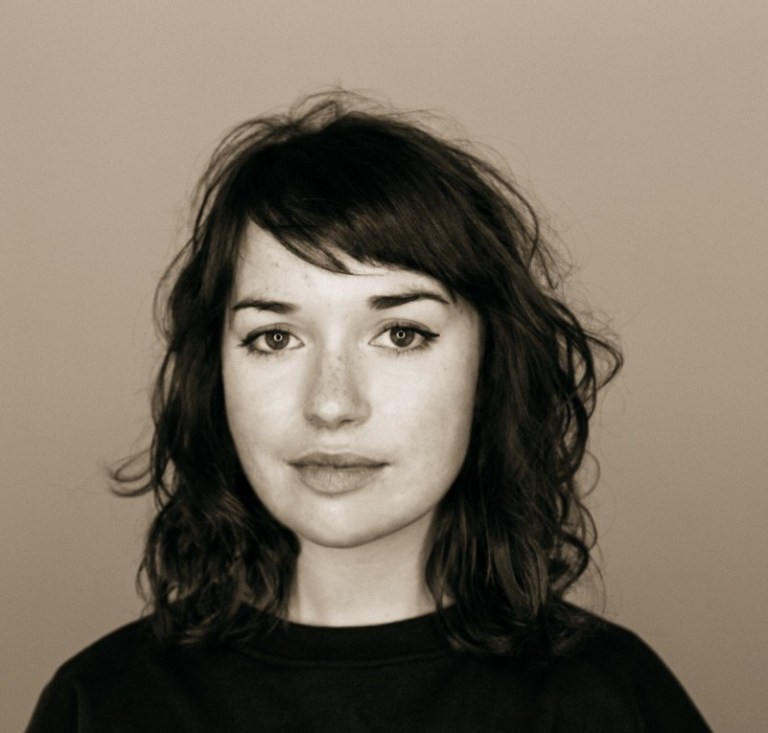
At the end of the day, we’re curating for an audience that’s hanging out on the Internet. There are so many different avenues that you could send your films through. You should submit it to festivals. Rally around your film and make sure people are commenting on it and liking it. Even if you have a friend or know someone that has a Staff Pick, have them like your stuff.
You’re not a failure. It’s such an accomplishment to make a film. To write things and make a piece of art, then find the funding and find people to help you with it and then find the time and make it and send it out there. That is such an amazing accomplishment.
YETI’s Scott Ballew on Seeing the Bigger Picture
YETI’s Head of Content Scott Ballew knows a thing or two about what makes a great film. So, when he was asked what mistake he’s seen most in pitches, he didn’t have to think for long:
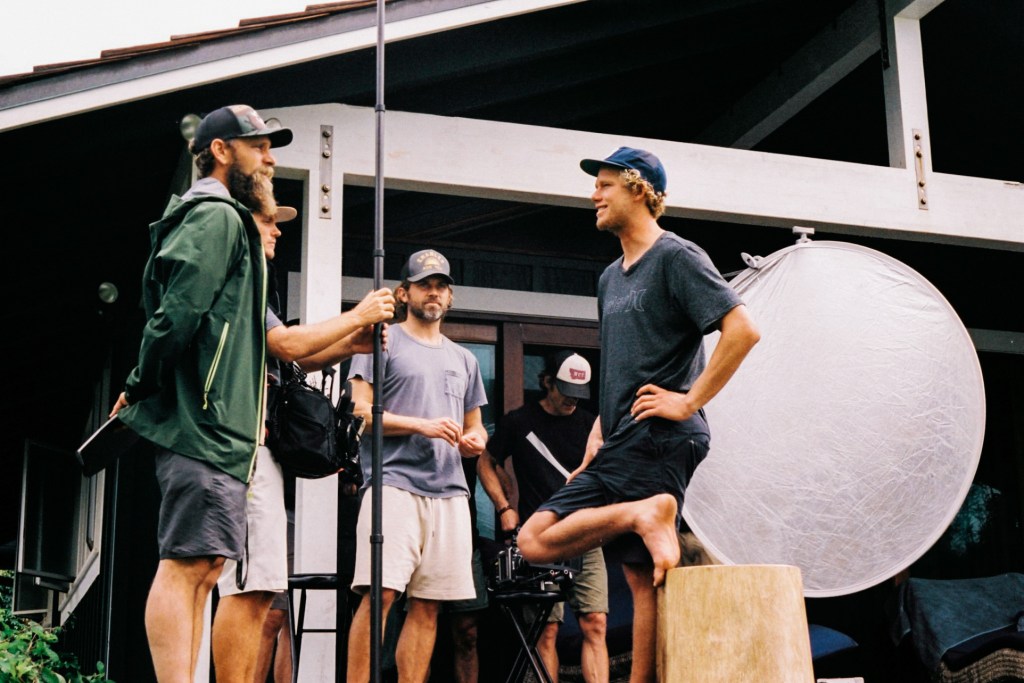
I’d say the number one mistake I see is people focusing on the wrong thing. I’ve gotten a million pitches that are like, ‘This guy caught the biggest fish in the world,’ or, ‘this guy skis crazy lines.’ But they never get into who the person really is. For some brands, maybe that’s what they’re looking for. But, we’re less concerned about what they’ve achieved and more concerned about who they are. I’d say it’s an easy pitfall to fall into—the ten-page treatment on just how cool this thing is, versus who the person is.
Director Reinaldo Green on Inclusivity
More than an extremely talented director, Reinaldo Green is an advocate for change. We had an illuminating discussion about diversity and inclusivity in the film industry, and he had this to say:

Listen, I think change is happening. Is it happening fast enough? No. But, we’re headed in the right direction. Change is slow, but we have to remain constant, we have to remain persistent, we have to not allow ourselves to think that we’ve already made it. It’s a battle, it’s a constant conversation, it’s something that we have to constantly hold ourselves accountable for.
That goes for me, too, and for folks like me. It’s not enough for me to say, ‘Hey, I made it. I’m black and Latino, and I got in the door.’ I’ve got to make sure that the people behind me have an opportunity, as well. It’s not just about getting one person in the door. I think it’s a start, but you need folks to get in and then hold the door open. That’s where we need to get as an industry.
BBDO’s Zanah Thirus on Being a Realistic Dreamer
Honestly, we weren’t expecting this answer when we asked how you could write a film with production in mind, but BBDO Producer and filmmaker Zanah Thirus was two steps ahead of us:
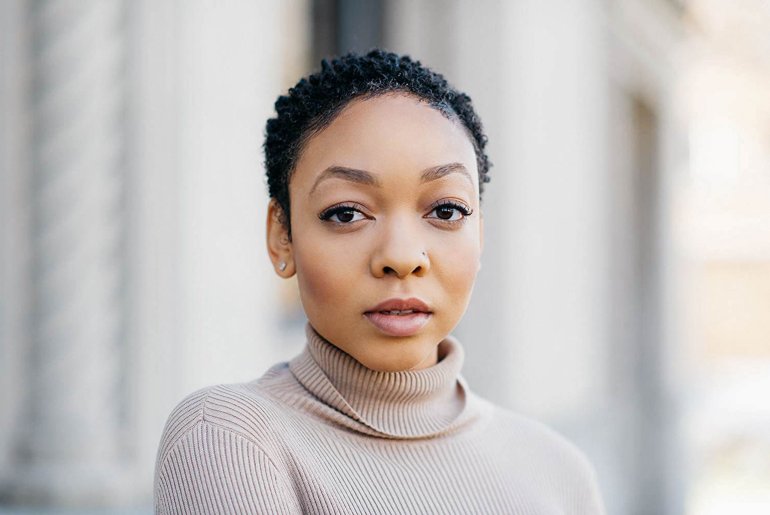
I never mix the two. When I’m writing, I write specifically for the story. Then, if I need to shave down once I have the idea on paper, I can move into producing from there. But, I don’t mix the two. I never write with production in mind. There are scripts that I’ve written where I know I don’t have the means to produce them, so I don’t. There are scripts I’ve written where I think, Okay, this is tangible. I would encourage writers and producers to write and execute what they have in their head on paper. To get that script to where they like the script, and then adjust from there.
Sundance’s Drea Clark on Being Patient
Festival programmer Drea Clark sees a lot of films. Maybe more than anyone else on the planet. So, her first bit of advice for first-time festival submitters has a lot to do with patience and self-awareness:
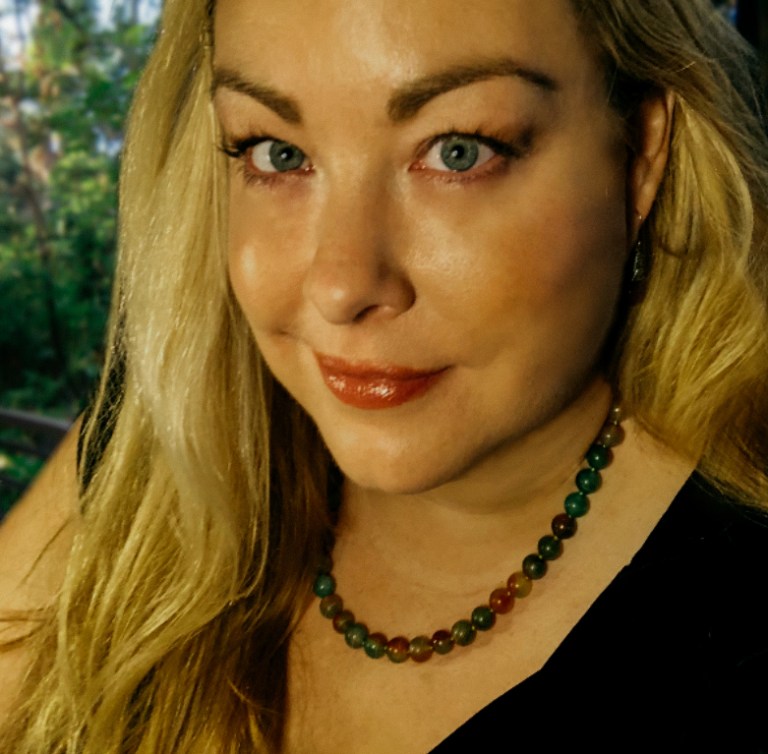
I think people often think, This is my chance. I’ve got to do this right now. There is something to be said about taking advantage of a moment. But, I’ve watched a lot of films and thought, if they had done table reads, they would’ve figured out this doesn’t make any sense. For a lot of first-timers, there are films that I’ll get and wish they would’ve spent more time developing it before they invested in it.
Writer/Director Takashi Doscher on Playing Jenga
It takes a lot of work, vision, and willpower to write and direct your own films—and Takashi Doscher has done it twice. We spoke to him about his work on the Tribeca-selected film ‘Only’ and he had this to say about honing in on what the film really needs to be:

I just feel like movies don’t actually want to get made. There are a million things that always seem to go wrong. Always challenges and compromises that you’re forced to make. Even while you’re shooting, that happens. In the editing room, there are entire storylines that you’ve put in very particular places in the script because you feel they’re needed to build and give the payoff that you’re looking for.
Then, almost like a Jenga tower, you think, Well, maybe that scene actually doesn’t really need to be here. You remove that block and the tower is still standing. And you’re like ‘Oh, well that’s interesting. If I can remove this B block, maybe I don’t need the A block, and then maybe I don’t need the C block.
I’ve made two scripted films now that I’ve also written. Both times, I’ve learned that some of the pieces I thought were so perfectly crafted in the screenplay are just not necessary. That’s the most challenging part of filmmaking, right? You need to obsess over every tiny little detail. Then, you also need to have the big picture in your mind simultaneously.
Director Jimmy Chin on Trust
Acclaimed photographer, climber, filmmaker, and conservationist Jimmy Chin can now add Oscar-winner to his list of titles after he took home the award for Best Documentary. In our interview, he summed up the experience by talking about trusting his team, on and off the ground:

Editors cut everything to the bone unless it’s essential in moving the narrative forward. It’s gone. There are definitely scenes that I might be attached to and I might have left them in there. But, being able to have eyes on the film that are objective is helpful. [My editor] and I trust each other, so the process is very clean.
A lot of decisions that they made in that film played out and I was like, ‘Okay, yeah. They were 100-percent right.’ I think trust is a key component to this entire project. There is this trust between myself and Alex [Honnold], between Alex and Chai [Vasarhelyi]. The trust between our high-angle film team and Alex.
You have to have a really strong, trusting relationship with the team and know that people are bringing their best. Then, trust that their decisions are good ones.
Director Ben Callner on Getting Excited
This quote speaks for itself. But, you should totally watch Ben and Adam Callner’s film ‘Adman’ if you haven’t already seen it. It’s genius. Anyway, here’s Ben on why being excited is important:

You know what I think? I think you need excitement because sometimes you get stuck. If you have nothing to be excited about before you got stuck, you’re just going to give up. So, if you have that one little moment that you’re excited about, you’re going to work through that block.
Simeon Pratt and David Boon on Film as Therapy
We all know filmmaking is about so much more than filmmaking. David Boon and Simeon Pratt co-directed ‘The Darkroom’ which explores how Daniel grappled with the loss of his brother. In our interview, they both offer this poignant reminder for why creativity truly matters:

David: With The Darkroom being a personal film, it was almost therapeutic for me in a way going through this, because I had to actually step back out of the personal feelings I was having about the loss, and how that related to my art.
It’s something that wasn’t planned, but in the end it became a beautiful tool and I’m so thankful Simeon was there the whole time with me to work through it. It was a very emotional journey, but coming out on the other side I find it much easier to talk about the subject. It’s almost like a weight off my shoulders. I can very easily and openly talk about it because I’ve gone through some tough moments and coming out on the other side.
Simeon: I think the big perspective change here was working with David and seeing the way that he could work through a dark time using this creative outlet. My perspective has changed now because I’ve had to work through similar things. I’ve been approaching these creative projects with—What’s the angle? How do we sell this? How do we market this? Now, it’s about how can I use this to work through my own personal problems and change it into something that is good. I think that’s the whole point of a passion project. Bring back a little bit of that passion into your work that found at the start.


















































































